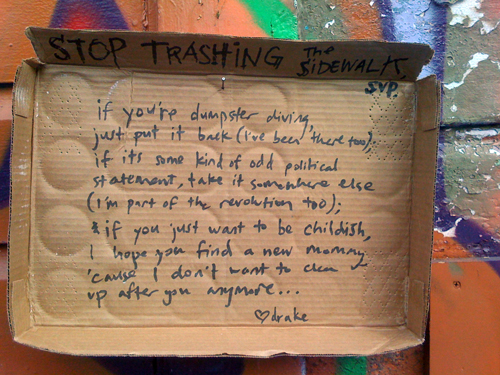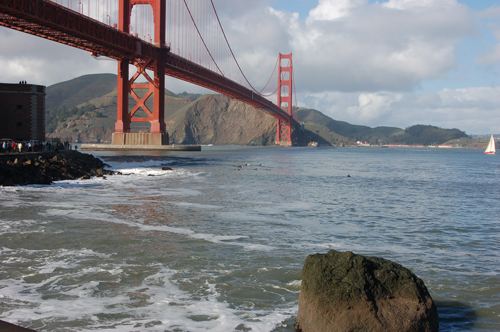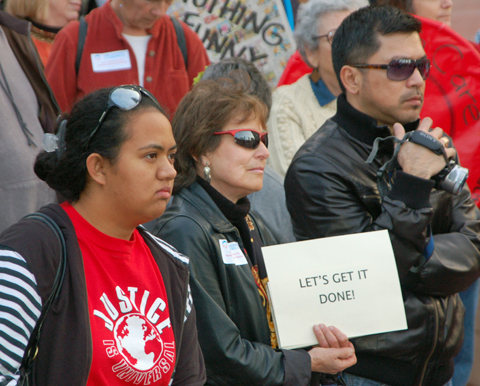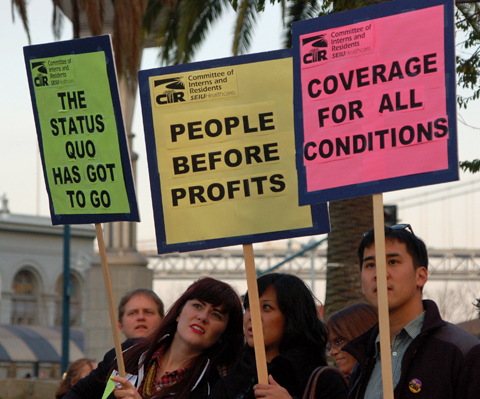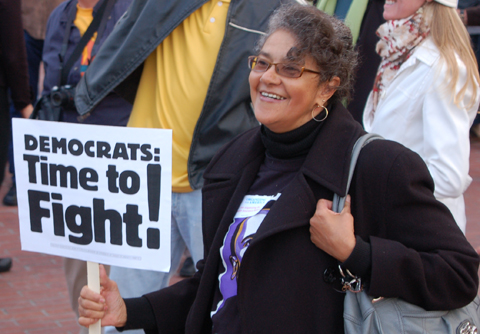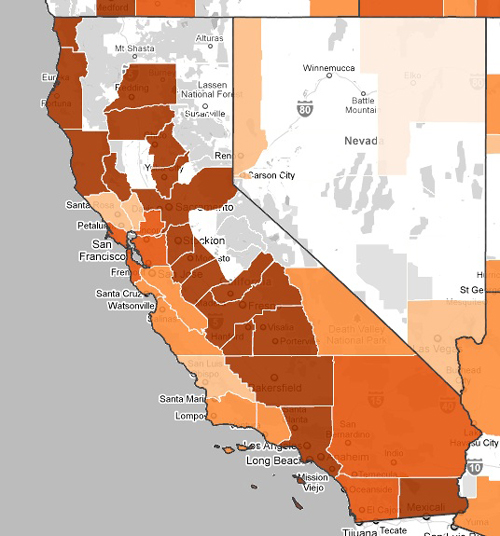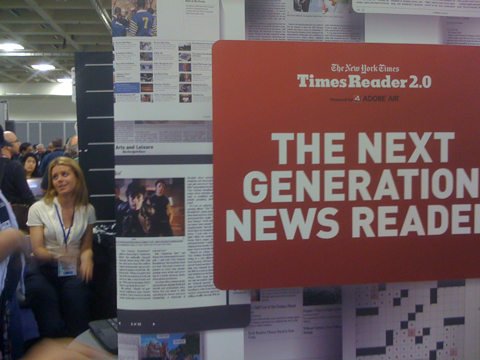
For conversations with local activists yesterday, I took on the task of figuring out what the mechanism will be for redistricting in San Francisco after the 2010 Census. In addition to the nuts and bolts of the law, we wanted to think about the likely political implications of the process. But first we had to know the rules. It wasn't entirely obvious where to find that out, so I'll bring the pieces together here. The details are San Francisco-specific and typical of the city in that the process is intricate and full of points where political jockeying will take place. But something like this will happen in every jurisdiction in the country. If you want to know what your politicians are doing, you need to pay attention to this stuff.
The task: After census counts are tabulated, we'll almost certainly learn that enough people have moved, or new housing opened up, so that some of the eleven districts that elect Supervisors will have significantly more or less people than others. That change will require redistricting to restore more equal numbers of voters, based on the Census' statistically adjusted population estimates. The City Charter allows variations in the number of voters between 1 and 5 percent of the statistical mean. It also encourages district boundaries that respect "traditional districting principles" that might include "compactness, contiguity, preservation of political subdivisions and geographical regions, preservation of cores of prior districts, protection of incumbents from contests with each other, and preservation of communities of interest." Boundaries must comply with federal voting rights law, meaning that racial and language minorities may neither have their power diluted by breaking up their neighborhoods or be unduly concentrated in order to reduce their broader influence in the political process. (
City Attorney memo, 2002.)
The Redistricting Task Force: When, sometime in April 2011, the city gets the new population numbers, the current Board of Supervisors (what we call the city council, because we're actually a county as well as city) will
convene a Redistricting Task Force. This body of nine people will hold public hearings and huddle over maps trying to draw new boundaries. They make their decisions by majority vote. The boundaries they draw are final -- unless perhaps successfully challenged by a lawsuit under the Federal Voting Rights Act (this is San Francisco; don't rule anything out.)
The Board -- eleven fractious politicians -- will appoint three members. The Mayor will appoint three members. And the Elections Commission which oversees the City Department of the Elections will appoint three more members.
So who is on this Elections Commission? Established by local initiative to improve management of the Department of Elections, it
consists of seven members appointed (one each) by the city's elected officials: the Mayor, the Board of Supervisors collectively, the Board of Education collectively, the District Attorney, the Public Defender, the City Attorney and the Treasurer. (Yes, we elect a lot of local functionaries.)
The new districts: It would be highly desirable if the Task Force can finish its work by September 2011. That would allow the Department of Elections to draw new maps -- and probably change the shapes of many of the city's over 400 precincts. In recent years the Elections department has been trying to consolidate precincts to reduce costs; expect to see more of this in the new maps. This will mean that people need to find unfamiliar polling places.
Political choke points: The most obvious of choke points might happen like this: if the Mayor and the Board are at odds and appoint their partisans to the Redistricting Task Force in 2011, the deciding votes on that body will come from the appointees of the Elections Commission. Since the Elections Commission itself is a body of extremely mixed political origins, it is not at all clear where the sympathies of those three members would fall. It could matter. On the last of these bodies in 2002, all the votes were 5-4.
And then, this being the land of electoral hocuspocus and initiative law making -- all this could be moot. Our Mayor could run off and get elected Lieutenant Governor, setting off a complex fracas over who ends up Mayor until the completion of his term -- a time frame that would include appointing the Redistricting Task Force members.
Or a local initiative could change how the Supervisors are elected; the long struggle seems to be breaking out again between monied interests that prefer citywide elections and the neighborhoods that get more attentive government when Supervisors are elected in small districts.
Such an initiative might try also to alter the process laid out in this post. ...
If the quality of life here in San Francisco were not at stake, it would be time to sit back and get out the popcorn. But citizenship requires understanding these things. And their twists and turns open opportunities for activists if we learn the ropes.












